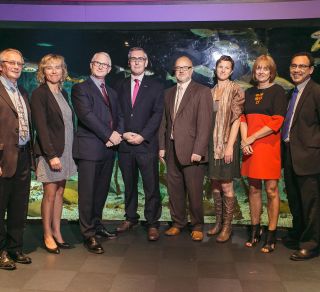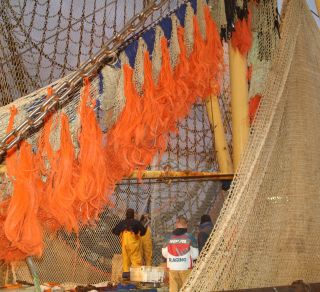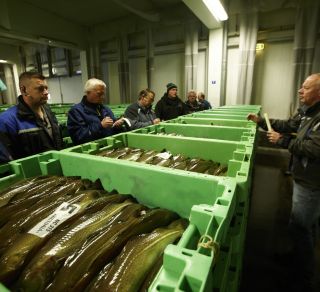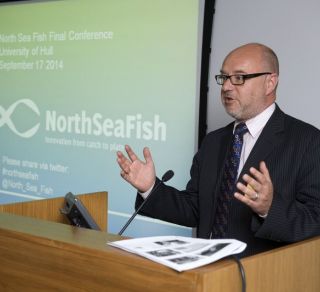Background and Aim
Aim
North Sea Fish aimed to:
- Increase the innovative capacity of fishery ports and fish based regional economies across the North Sea Region by promoting the development of efficient, effective and sustainable logistics solutions. The partners aimed to do this by considering the total supply chain of wet fish from catch to plate to benefit local communities.
- Broaden the supply chain to include alternative sustainable solutions, specialization of activities in parts of the chain and increasing the efficiency between parties in the supply chain.
Background
The need to develop fish based regional economies originates from heavy competition and environmental concerns due to overfishing, which put a lot of pressure on the fishery sector and resulted in severe restructuring, bailouts and a much needed search for new horizons for the surviving fishing communities. Much emphasis has been targeted to nature restoration and protection of the marine environment, policy development to force limitation of fishing by quota, regulation and downsizing the European fishing fleet. Although various instruments are deployed to help the fishery sector to change to more sustainable practices, large parts of the sector struggle to do so.
Some of the former fishing economies have successfully managed to change their economic dependencies towards manufacturing and transportation. Nonetheless, a considerable number of businesses struggle to survive by implementing sustainable production processes to serve the need of their communities. Most remaining fishery economies are relatively rural and are located in areas of economic decline. Fishermen find themselves with a lack of organizational cohesion, inter-sectoral relations and representatives. The deterioration of the degree of organization affects regional communities, decreasing the capacity to innovate and weakening the basis for progressive developments. This has been expressed by difficulties in improving cooperation, ineffective communication and a lack of insight in the future needs of the sector.
The most effective way to increase competitiveness and innovation in fishing economies is to focus on all aspects of the supply chain from catch to plate. As fishing is not limited to domestic waters, the only way to achieve this is by transnational cooperation and effective standardization by partners involved in all elements of the supply chain. The ties of parties involved in North Sea fishing are close, as profit is dependent on a large number of fishing vessels, ports and industrial processors –all interacting to get quality wet fish fresh and within time on Europe’s plates.
The North Sea Fish project promoted the use of available resources across the North Sea Region to generate the much needed innovation. Logistics from catch to plate could only be improved by way of:
- the standardization of processes and monitoring criteria
- the joint development of alternative channels to meet consumers demand
- increased attention for sustainable and flexible production












